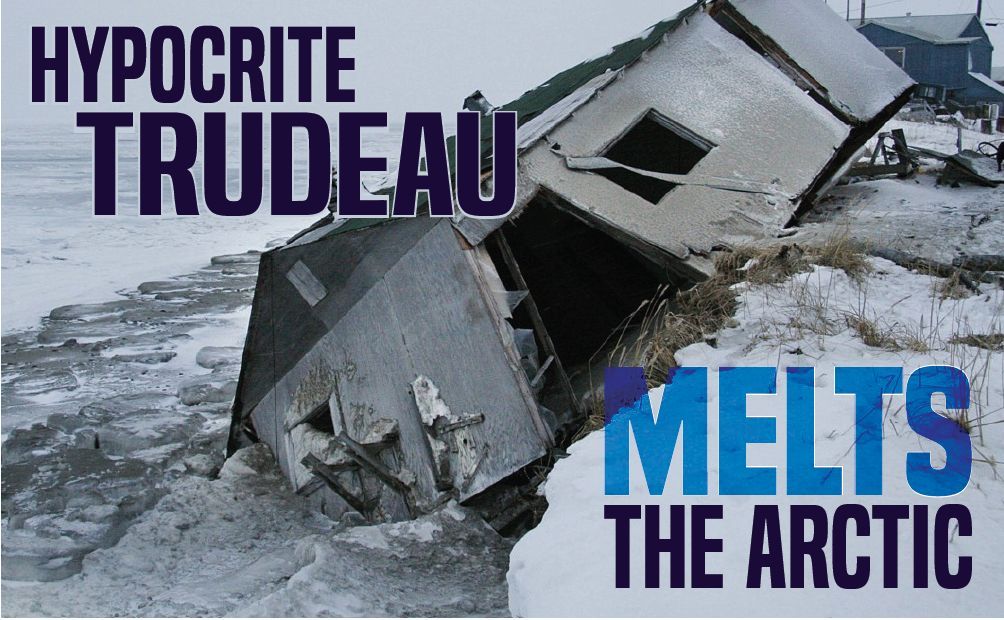Are you ready to shed a tear? “Champagne problems: Toronto restaurants facing shortage of big-name bubbly” was a headline in a Toronto Star article of September 10.
A local restaurateur suggested this reason for the shortage: “people (are) being more celebratory now that things have kind of come back.” A broad range is covered by the word “people” – some will celebrate by getting a take-out while others go out to a fancy restaurant and pop open the bubbly. And what is there to celebrate as the fourth wave of COVID wreaks its damage? I don’t see many working-class people heading downtown to celebrate anything, especially at a high-end restaurant that sells fancy champagne to the wealthy of Toronto.
Housing is another issue that reflects the inequalities in society, from the posh mansions to a precarious rooming house and all things in between. It’s difficult to generalize, but across Ontario as a whole, among all families: 78.1 percent are owners, 19.1 percent are unsubsidized renters, and 2.8 percent are subsidized renters (2015 census information).But in the City of Toronto, over half of all households rent their homes. That proportion increases considerably for young people under the age of 35- and single-family households. It’s clear that among the lowest paid, the young and racialized the majority don’t know the meaning of affordable housing.
Real Unaddressed Crisis: Poverty and Inequality
Here’s another news headline from September 15: “Inflation rate spikes to 4.1 percent in August, highest since 2003.” That overall figure hides an even steeper increase in some key items. On the other side of town, where $200 bottles of bubbly don’t feature, workers are dealing with higher grocery bills this fall. Grocery prices have been on a steady rise, around 5 percent on average, since the beginning of the pandemic and items like beef have increased by 10 percent. For an average family of four, all this means a $13,907 grocery bill, an extra $695 over the year.
In the third quarter of 2020, Vancouver and Toronto topped the ranking for highest mortgage payment costs. Homebuyers in Vancouver had to pay on average $1,918 monthly, while in Toronto, the average monthly scheduled mortgage payment was $1,807. If you add on an average property tax of $133 a month (Toronto), housing expenses for owner-occupiers come out to $1,940. Compare this to the cost of renting a 2-bedroom duplex in Toronto at $2,977.The homeowners’ replacement cost index, which is related to the price of new homes, rose by 14 percent in the year up to August. That’s the sharpest jump in that metric since 1987.
Inequality has been on the rise for decades, but during the pandemic the imbalance became grotesque. While grocery workers were battling to get within scraping distance of a living wage, Loblaws saw its 2021 first-quarter profits grow by 30 percent over the previous year. Empire Co Ltd., which owns Sobeys, Safeway, Foodland, FreshCo and IGA, saw its net earnings swell 47 percent in the first quarter, to $191.9 million. Amazon’s first-quarter profits were more than triple its 2020 margins, at $8.1 billion, while its warehouse workers and delivery drivers peed in bottles so they wouldn’t miss their targets.
“The poor you will always have with you,” said Jesus Christ. He also said that it is easier for a camel to go through the eye of a needle than for a rich man to enter the kingdom of God. I guess this means that in the world of here and now, both rich and poor “are always with us” but that maybe “in the next world” there will be a chance for the poor. In Socialist Alternative, we don’t accept that social classes are a given and that inequality is inevitable. We fight for a classless socialist society where inequality has been eliminated.



